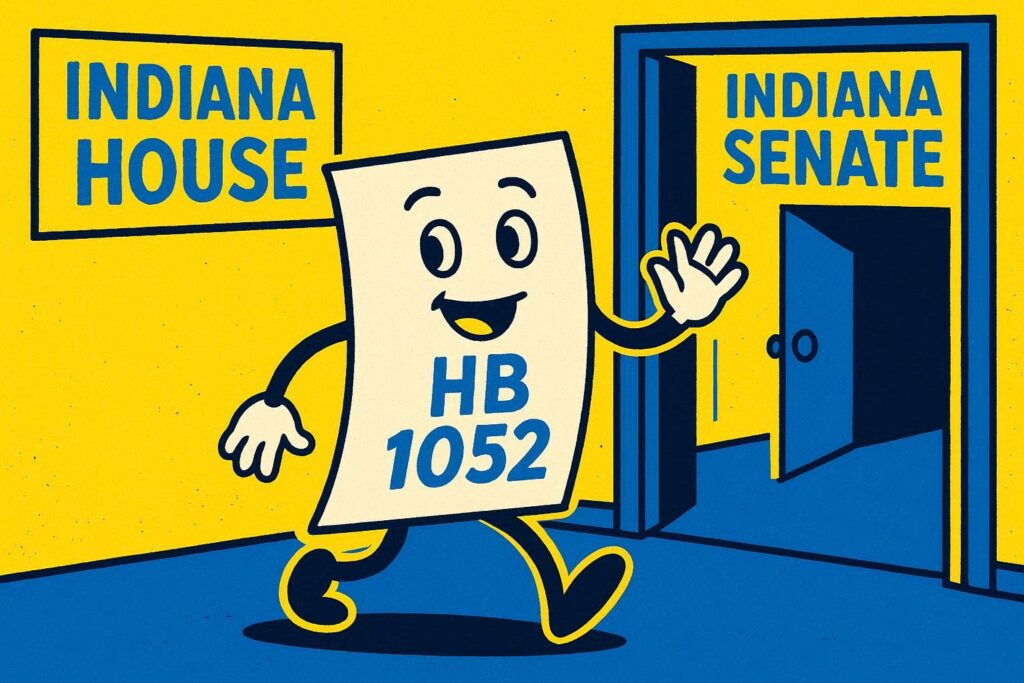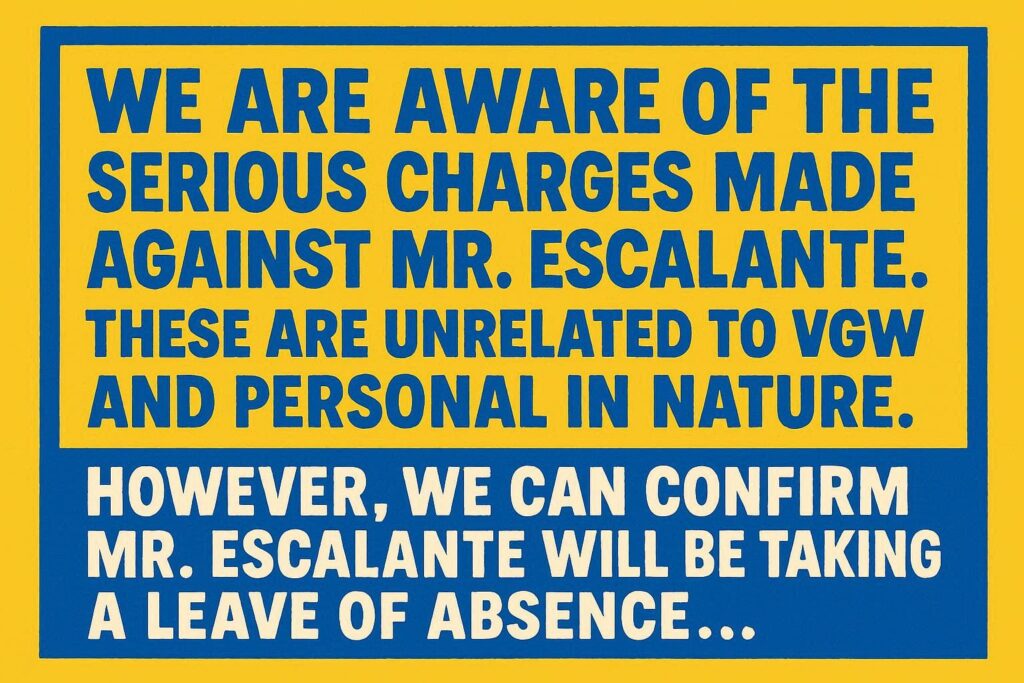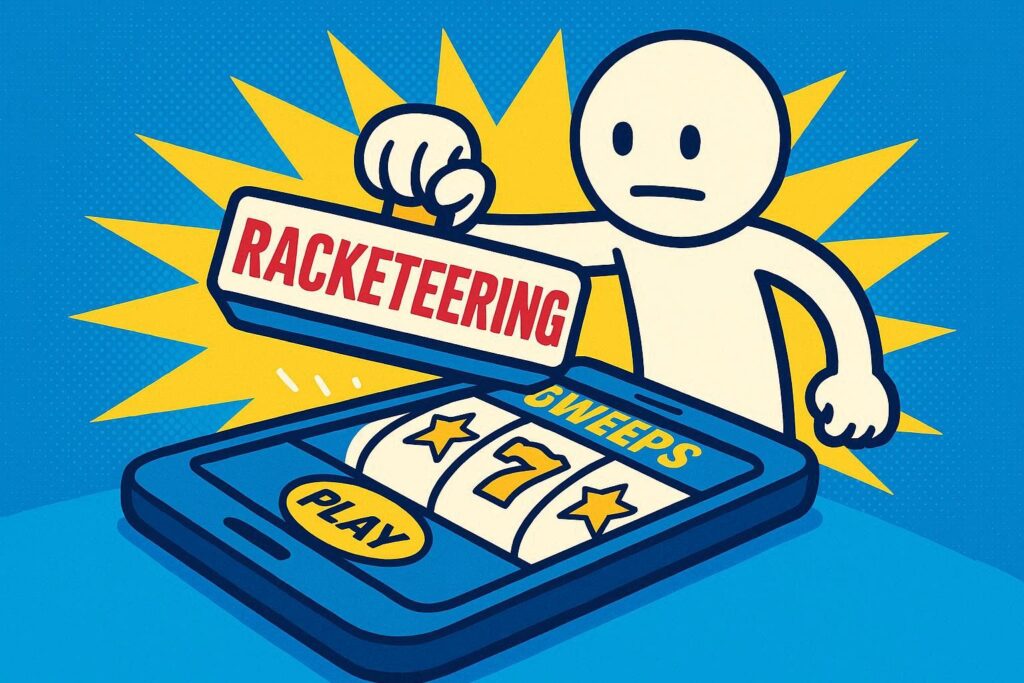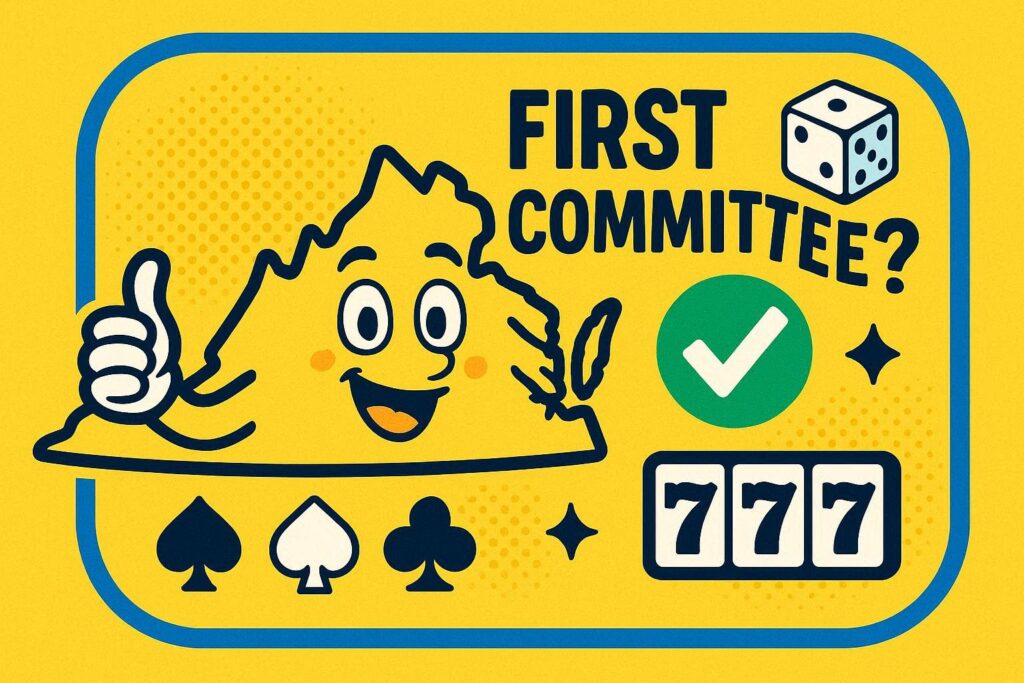Games from 11 different vendors are currently not available to California players at Stake.us, Sweepsy has learned, as companies continue to distance themselves from the sweepstakes casino at the heart of a landmark lawsuit in California that may have a lasting effect on legal proceedings involving sweeps casinos.
Sweepsy has confirmed via our own attempts from a California IP address that players in California are no longer able to access games developed by:
- Pragmatic Play
- Evolution
- No Limit City
- NetEnt
- Red Tiger
- Big Time Gaming
- Just Slots
- Fat Panda
- Booming Games
- Live88
We were able to play a game from Hacksaw Gaming on Thursday, but we are told Hacksaw Gaming is pulling its games from Stake.us in California as well. We are also not able to confirm exact exit dates for these vendors, but given recent events, logic dictates these decisions stem from the same motivation.
How did we get here?
California took a historic step on Aug. 28 by filing a lawsuit in Los Angeles County Superior Court against Sweepsteaks Ltd., the parent company of Stake.us, along with its streaming platform Kick and several game vendors, including:
- Big Time Gaming
- Evolution
- Hacksaw Gaming
- NetEnt
- No Limit City
- Pragmatic Play
- Red Tiger Gaming
Why is this historic? Because this marks the first time a U.S. state or jurisdiction has gone directly after a sweepstakes casino operator and its partners — a move far more consequential than the class action lawsuits stacking up across the industry that are routinely hitting roadblocks due to sweeps casinos’ ironclad arbitration clauses or jurisdictional issues.
Unlike private claims that often get slowed by these types of things, California is seeking injunctions and civil penalties in this lawsuit. That approach cuts through legal shields and moves enforcement into much more serious territory.
With a government entity stepping in, the risks expand to include injunctions, penalties, restitution, and potentially even criminal referrals.
Think of this as the state of California taking matters into its own hands, much like we’ve seen with Attorneys General and state gaming regulators taking matters into their own hands with rounds of cease-and-desist letters (such as Louisiana, Maryland, and Arizona).
These types of actions aren’t necessary if the state passes legislation banning sweeps casinos — which it appears California is on the verge of doing. A passed bill is going to be more effective than any lawsuit or cease-and-desist could be.
However, this type of lawsuit could be used to supplement a new state law to seek restitution from the sweeps casino operators.
Are these decisions unique to California?
Of the 11 games vendors to pull their games from Stake.us in California, two — Pragmatic Play and Fat Panda (which is part of Pragmatic Play) — have actually opted to cease providing sweeps casinos their games across the entire U.S. So this isn’t just a California thing for them.
Playtech told Sweepsy it is pulling its games from all sweeps casinos in the wake of the lawsuit, even though it wasn’t named. (This isn’t an issue for Stake.us, though, which doesn’t offer Playtech games). Elsewhere, Skywind has also reacted by pulling its games from WOW Vegas nationwide.
The games from the other nine vendors who are blocked at Stake.us in California — Evolution, No Limit City, NetEnt, Red Tiger, Big Time Gaming, Just Slots, Booming Games, and Live88 — are accessible in other states, Sweepsy confirmed by accessing games from those companies at an IP address outside California.
So, for these nine vendors, this is a California-only decision for now.
Of the 11 vendors blocking their games for Stake.us players in California, Just Slots, Booming Games, and Live88 were not listed in the California lawsuit. All others were. Still, like Playtech, these companies are reacting to the lawsuit with caution and proactively removing themselves from areas they believe could cause them regulatory or legal headaches.
A California earthquake?
Decisions like these aren’t made lightly. Vendors weigh a mix of legal, regulatory, and commercial factors when deciding where to operate. But the timing makes one thing clear: California’s lawsuit set a precedent, and the industry is already responding.
The long-term impact is less certain. For established operators like VGW, the exits may have limited effect. VGW develops much of its own content in-house and may have a pipeline of smaller studios eager to fill the gaps left behind.
“We are not reliant on third party games suppliers and our brands still offer a vast library of world-class free-to-play games,” a VGW spokesperson told Sweepsy after confirming the removal of Playtech titles, “many of which are created by our amazing in-house games studios that provide our players with leading, exclusive content.”
Still, in California, which Eilers and Krejcik Gaming estimates generates nearly 20% of the U.S. sweeps gaming revenue, the industry now faces heightened scrutiny. And the absence of some of its biggest vendors underscores just how much the ground has shifted.
Paired with Assembly Bill 831, the sweeps ban bill, expected to pass Friday in the California Assembly and be sent to Gov. Gavin Newsom for his signature, that ground shift may actually feel more like a California earthquake for sweeps operators.









